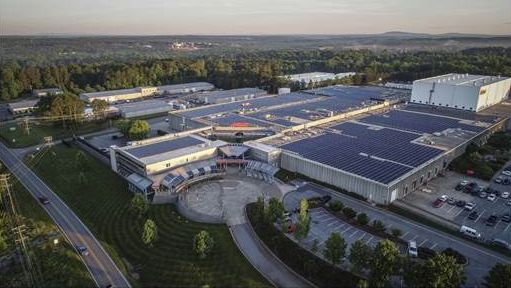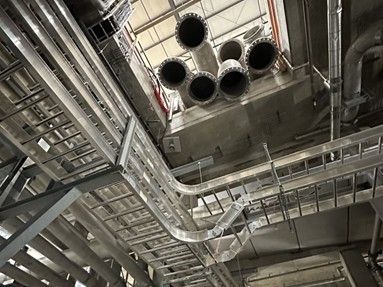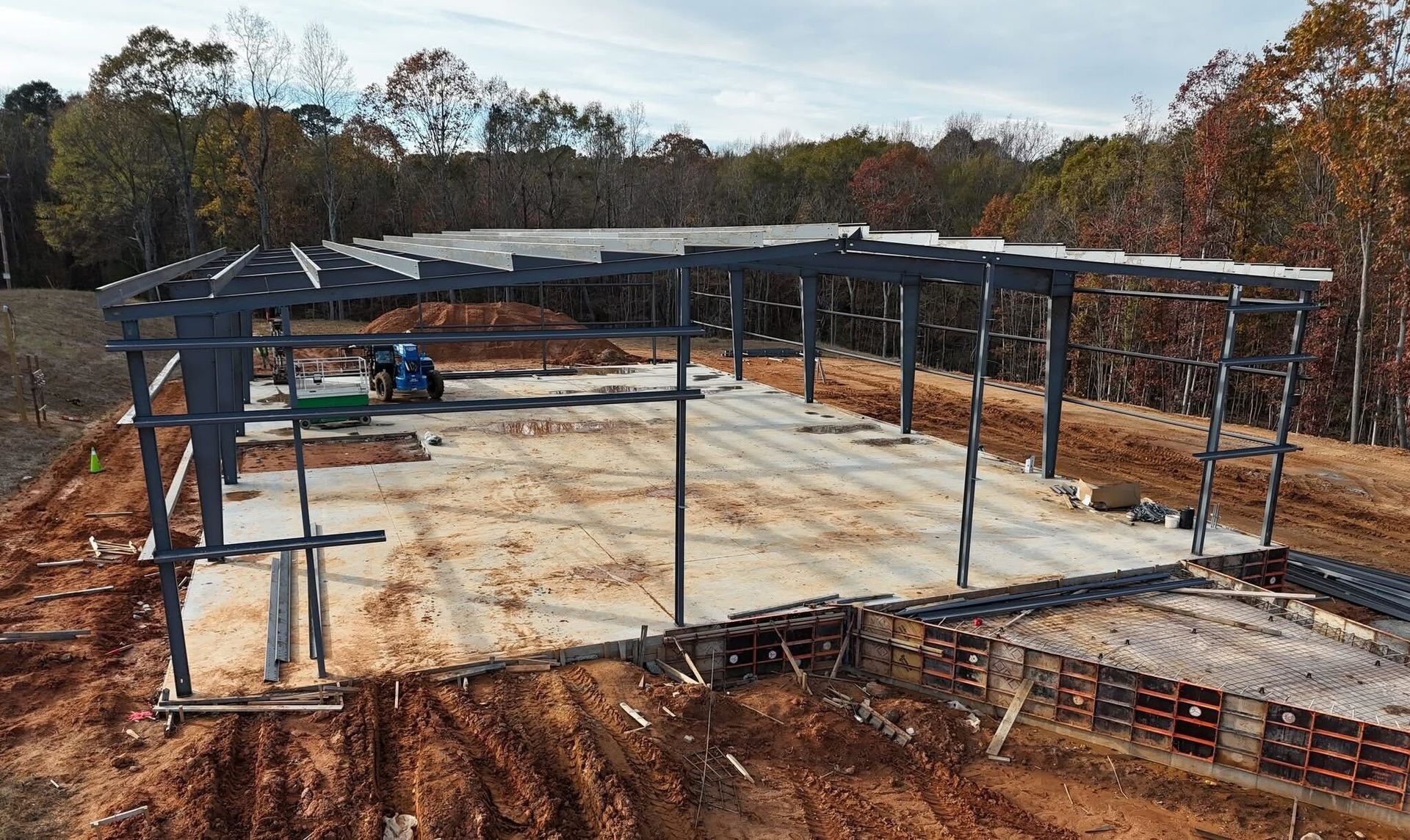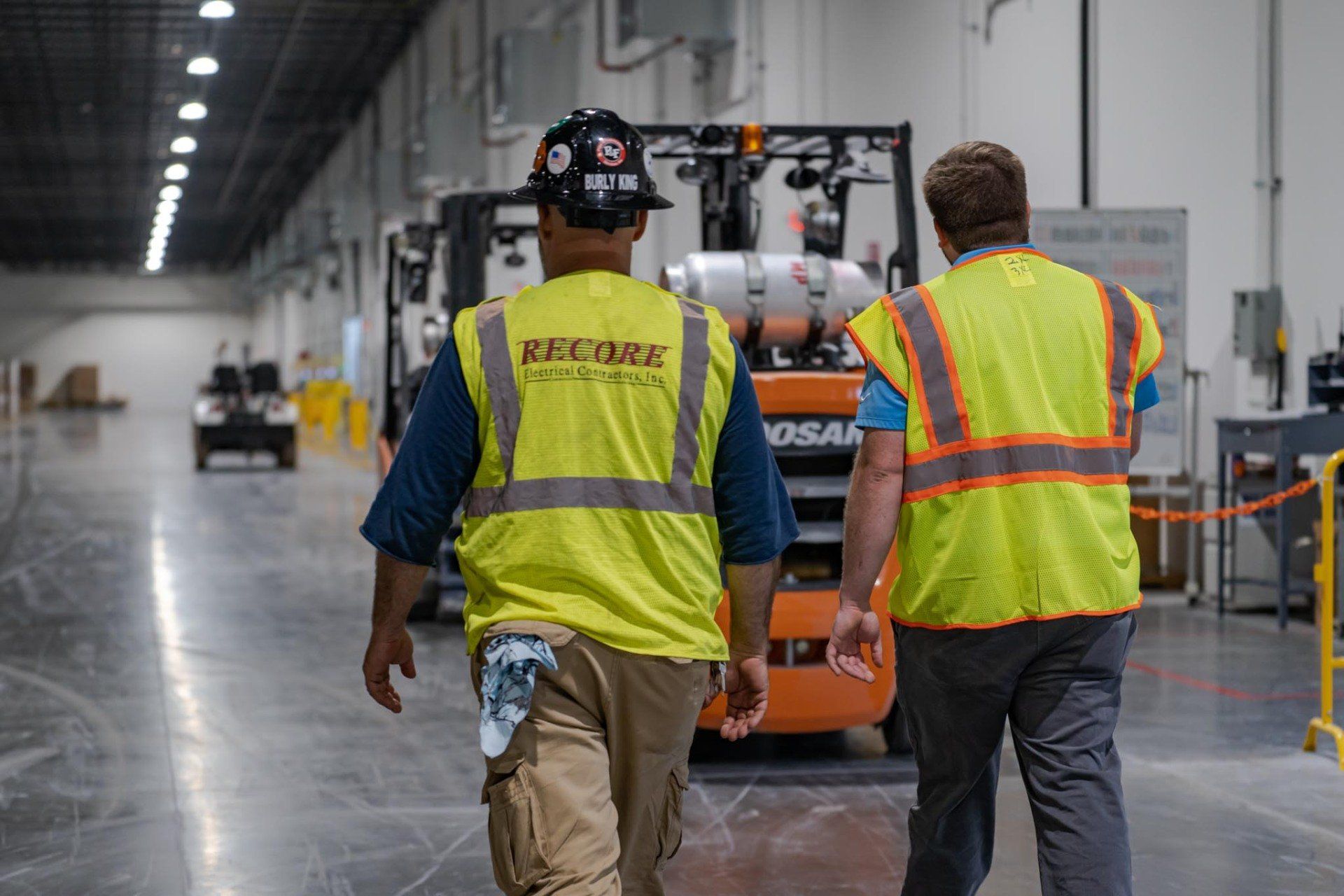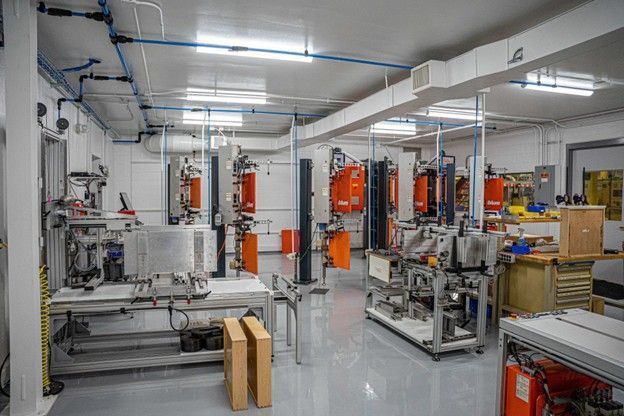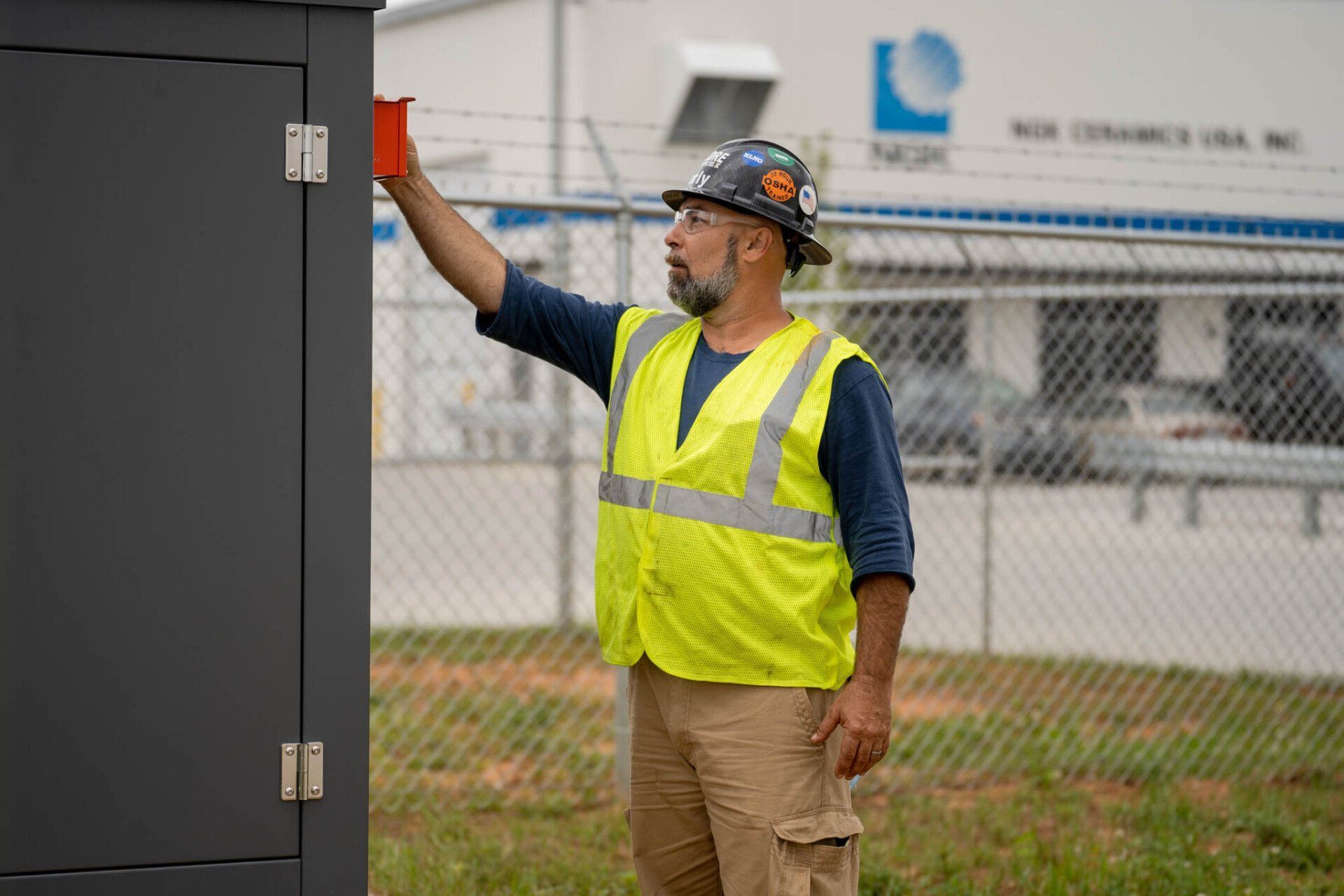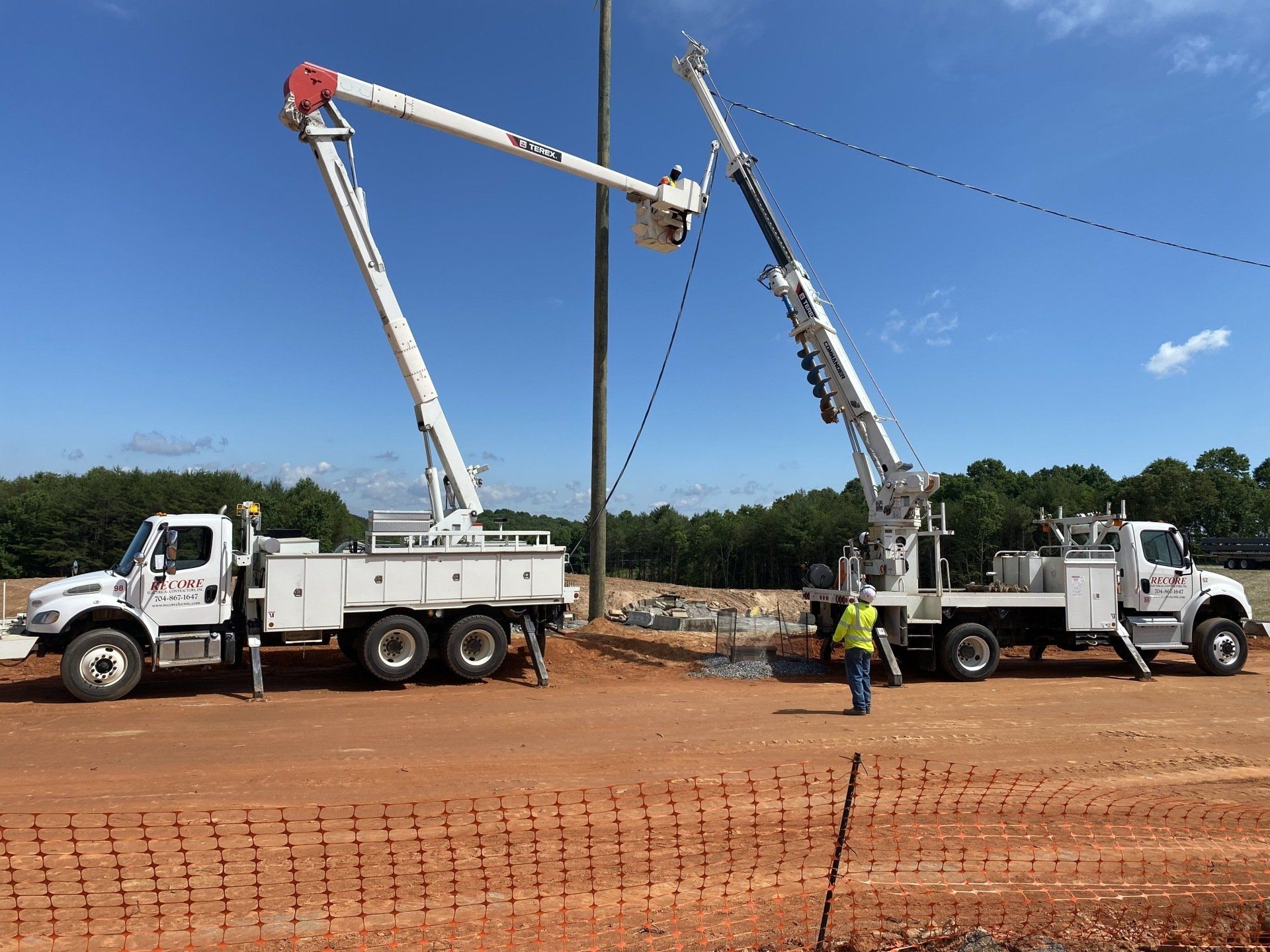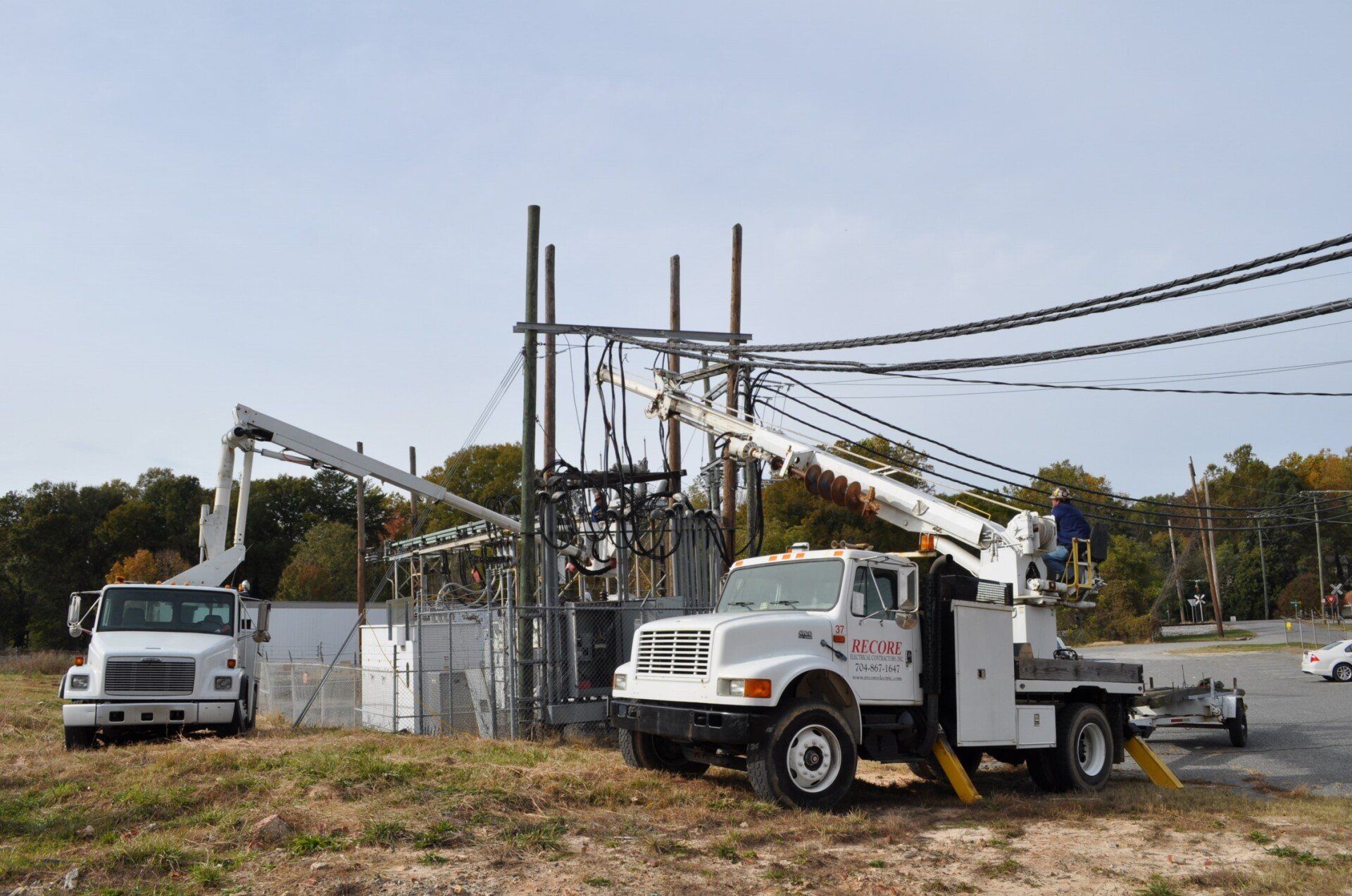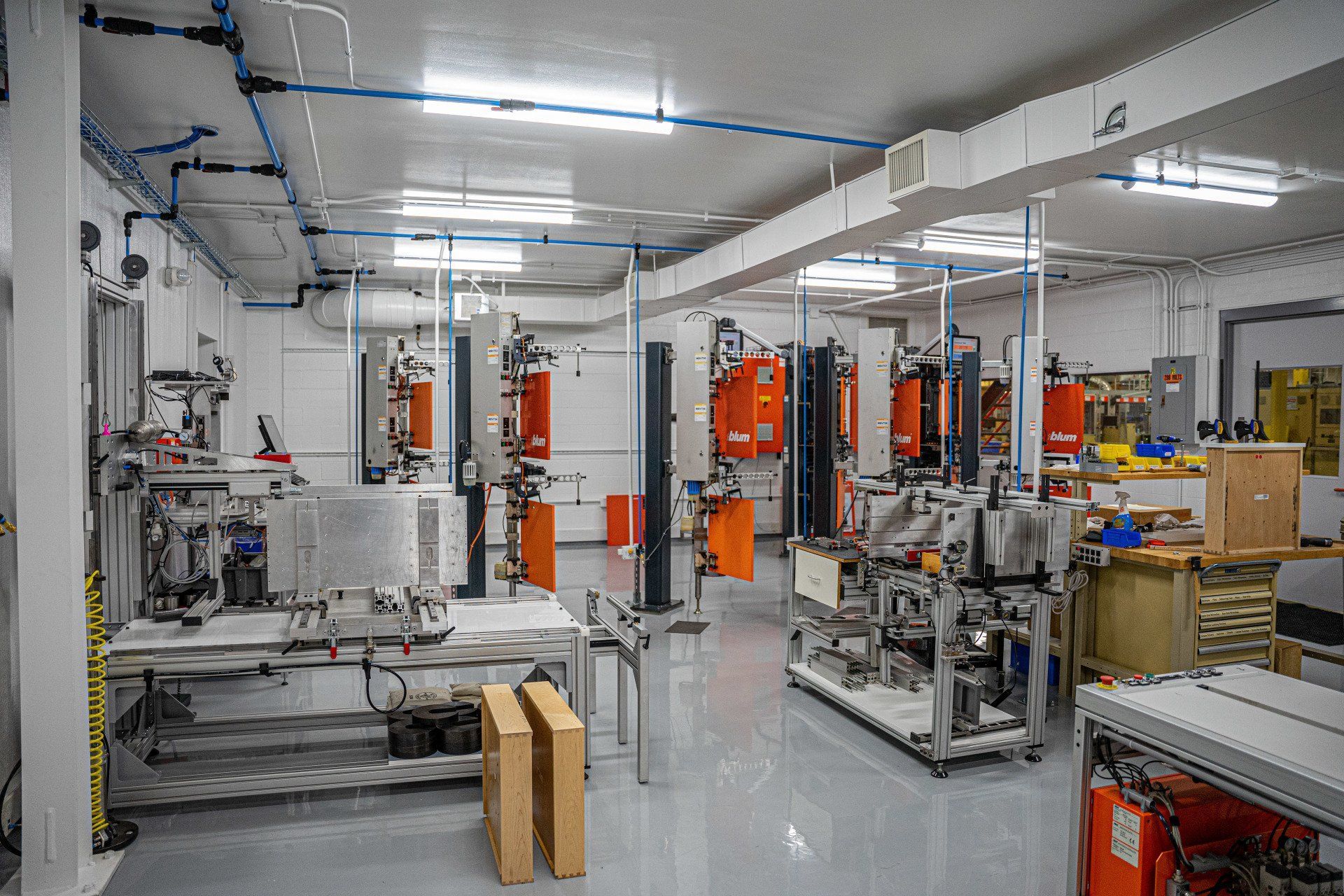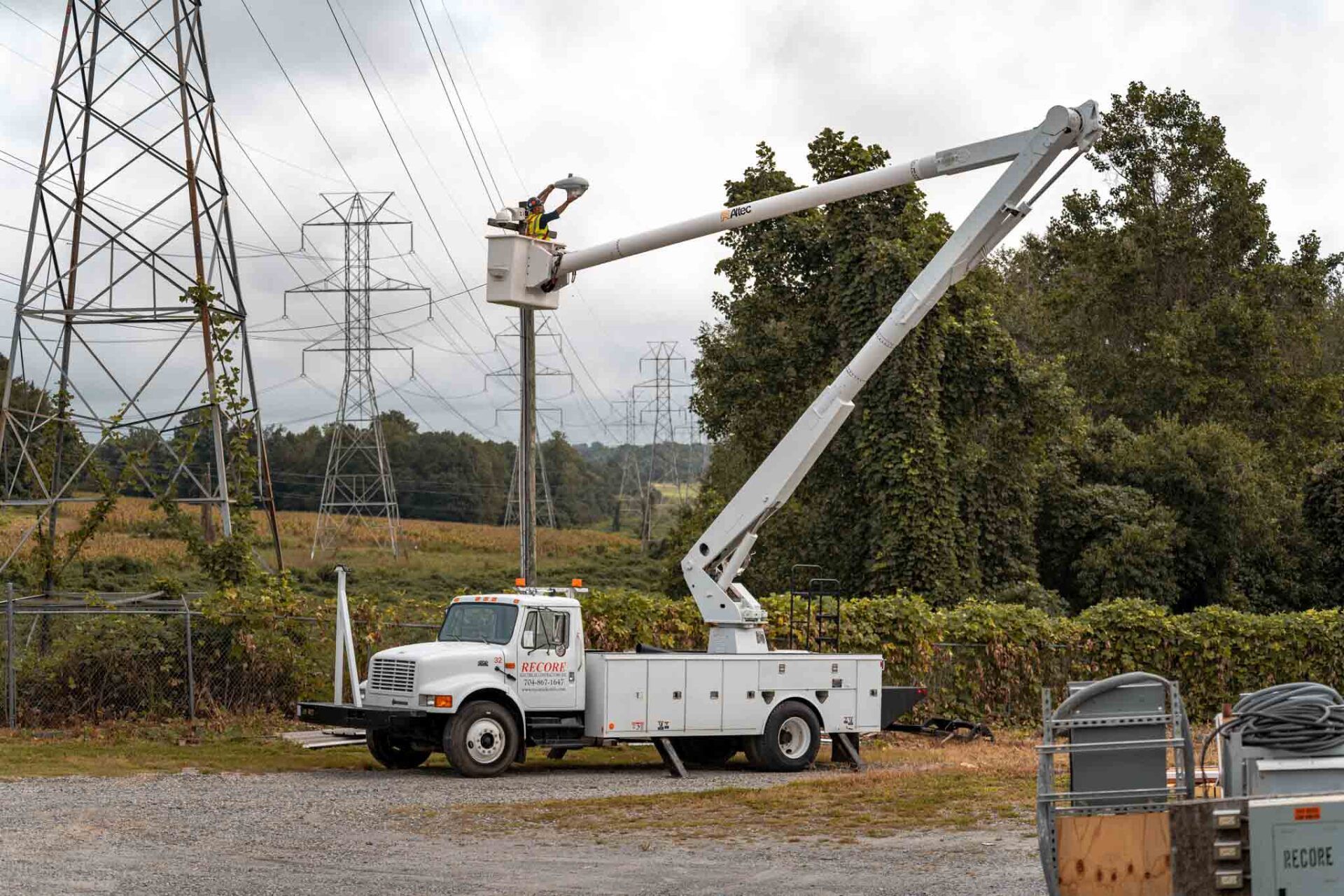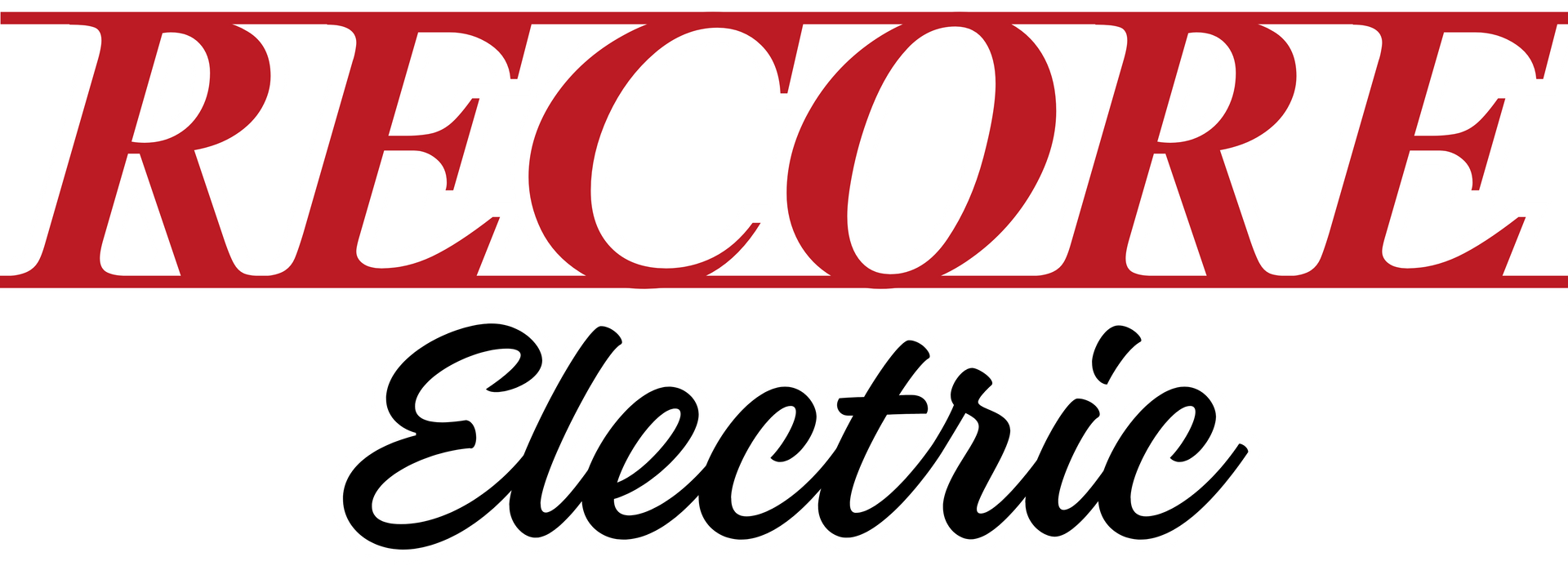Electrical Jobsite Safety Collaboration: Partnering for Projects
When industrial electrical contractors arrive at a jobsite, they do not work in isolation. Their success is directly tied to how well they coordinate with general contractors, subcontractors, project managers, and facility owners. This is especially true when it comes to safety. Electrical jobsite safety collaboration plays a critical role in reducing risk, avoiding downtime, and keeping workers safe in complex environments where multiple trades are active.
At Recore, safety is not only a responsibility held within our walls; it extends to every partner we work with. From the first project meeting to final commissioning, we approach safety as a shared mission that only succeeds through clear communication, defined roles, and mutual accountability.
Why Jobsite Collaboration Is Essential for Electrical Safety
Industrial electrical contracting involves exposure to energized systems, confined spaces, ladders, heavy equipment, and high-voltage risks. When other trades are working in close proximity, such as plumbing, HVAC, or structural steel, risk can multiply quickly.
According to the Occupational Safety and Health Administration (OSHA), nearly all construction fatalities can be linked to four causes: falls, electrocutions, struck-by incidents, and caught-in or -between hazards. Electrical contractors play a direct role in addressing these high-risk categories.
Without coordination, even simple miscommunications between trades can lead to serious injury. For example, if another contractor energizes a system while electrical work is in progress, the results could be catastrophic. That is why collaboration is not optional; it is foundational to a safe electrical jobsite.
The Recore Approach to Electrical Jobsite Safety Collaboration
Recore has built a reputation for not only completing work on time, but doing so in a way that protects workers, equipment, and the surrounding facility. We treat safety collaboration as a strategy, not a checklist. Below are several key ways we work alongside partners to support safety from start to finish.
1. Pre-Construction Safety Planning with All Stakeholders
Before fieldwork begins, Recore joins project kickoff meetings that involve the general contractor, owner, and other trades. These meetings set expectations around work schedules, site access, hazard zones, and shared responsibilities. We use this time to:
- Review site-specific risks that may impact electrical tasks
- Identify shared spaces or overlapping scopes of work
- Discuss permit requirements and safety documentation
- Outline communication procedures for emergencies or changes
These early discussions help eliminate assumptions and create an environment where every party is working from the same safety playbook.
2. Site-Specific Safety Plans That Integrate with GC Protocols
Every Recore job begins with a tailored site safety plan. This plan is reviewed alongside the general contractor’s safety procedures to ensure consistency and prevent conflicts. Rather than operating independently, our safety managers align lockout/tagout processes, PPE standards, and emergency actions with the site-wide plan.
This integrated approach minimizes confusion for workers, especially on projects where multiple teams are sharing the same work zone.
3. Clear Communication Channels and Chain of Command
On large industrial job sites, confusion often arises from a lack of role clarity. At Recore, we clearly identify site safety leaders and designate communication liaisons who connect with the GC’s safety team daily. This allows for quick resolution of issues such as:
- Identifying new hazards that may impact electrical work
- Adjusting work zones based on equipment or scaffold use
- Managing simultaneous operations (SIMOPS)
Having a formal communication process reduces the chance that a last-minute decision by one trade creates a dangerous situation for another.
4. Joint Safety Walks and Daily Coordination Meetings
Recore participates in regular safety walks with the GC and other subcontractors. These joint walkthroughs allow all parties to observe current conditions, raise safety concerns, and share updates about upcoming tasks. In addition, our team joins daily “Plan of the Day” (POD) meetings to communicate the following:
- What electrical work is being completed that day
- Where crews will be operating
- Any equipment deliveries or energized work that may impact others
These real-time updates allow for dynamic coordination, especially on active sites with changing conditions.
5. Lockout/Tagout Coordination with Other Trades
Lockout/tagout (LOTO) is one of the most critical safety practices in electrical work. It involves isolating energy sources before maintenance or installation tasks begin. Recore does not perform LOTO in a vacuum. We coordinate directly with site supervisors and other trades to verify:
- Which systems need to be shut down
- Who is responsible for applying and verifying the locks
- That no one re-energizes the system prematurely
A failure to coordinate LOTO across trades is one of the most common causes of electrical injury on construction sites. Recore’s careful alignment with other partners eliminates this risk.
6. Safety Training for Shared Work Environments
Recore believes safety education must extend beyond our own crews. When we operate in shared environments, we offer collaborative toolbox talks and joint training sessions. Topics often include:
- Arc flash boundaries and signage
- Step potential and touch potential around energized equipment
- Coordination of lifts and rigging near electrical infrastructure
This kind of shared education strengthens collective awareness and increases buy-in across trades.
Vendor and Client Safety Alignment
In addition to jobsite collaboration, Recore also maintains high safety expectations for suppliers and clients. Our project managers verify that:
- Supplied equipment meets electrical safety ratings
- Materials meet compliance for grounding and shielding
- Temporary power systems are installed in alignment with site safety plans
Clients also play a role in jobsite safety. We engage directly with facility managers and owners to coordinate tie-ins to live systems, plan outages, and validate operational requirements.
Holding Ourselves and Partners Accountable
At Recore, we believe that safety collaboration means accountability. We do not assume that everyone else is managing safety to the same standard; we verify it. Our safety team tracks near-misses, issues safety observations, and provides documentation to the GC safety leadership on a regular basis.
We also use third-party audits when required, validating that the entire jobsite, ourselves included, is meeting the standards laid out by CPWR – The Center for Construction Research and Training and OSHA guidelines.
Why Clients Value a Collaborative Safety Partner
When a client hires Recore, they are not only selecting an experienced electrical contractor, they are choosing a safety partner who actively coordinates with the full project team. This proactive attitude leads to fewer delays, smoother inspections, and ultimately lower risk for everyone involved.
Clients also benefit from:
- Fewer OSHA citations across the project
- Reduced insurance costs due to lower EMR scores
- More predictable project timelines
These outcomes are only possible when safety is practiced as a team effort across disciplines.
Conclusion: Safety Is a Team Sport
Electrical jobsite safety collaboration is not a passive process. It takes intentional planning, constant communication, and shared responsibility to create a safe working environment. At Recore, we bring those values to every project we take on.
By aligning with general contractors, subcontractors, owners, and vendors, we reduce hazards and raise the bar for what electrical safety can look like. The result is a safer, more reliable jobsite, and a stronger outcome for everyone involved.
